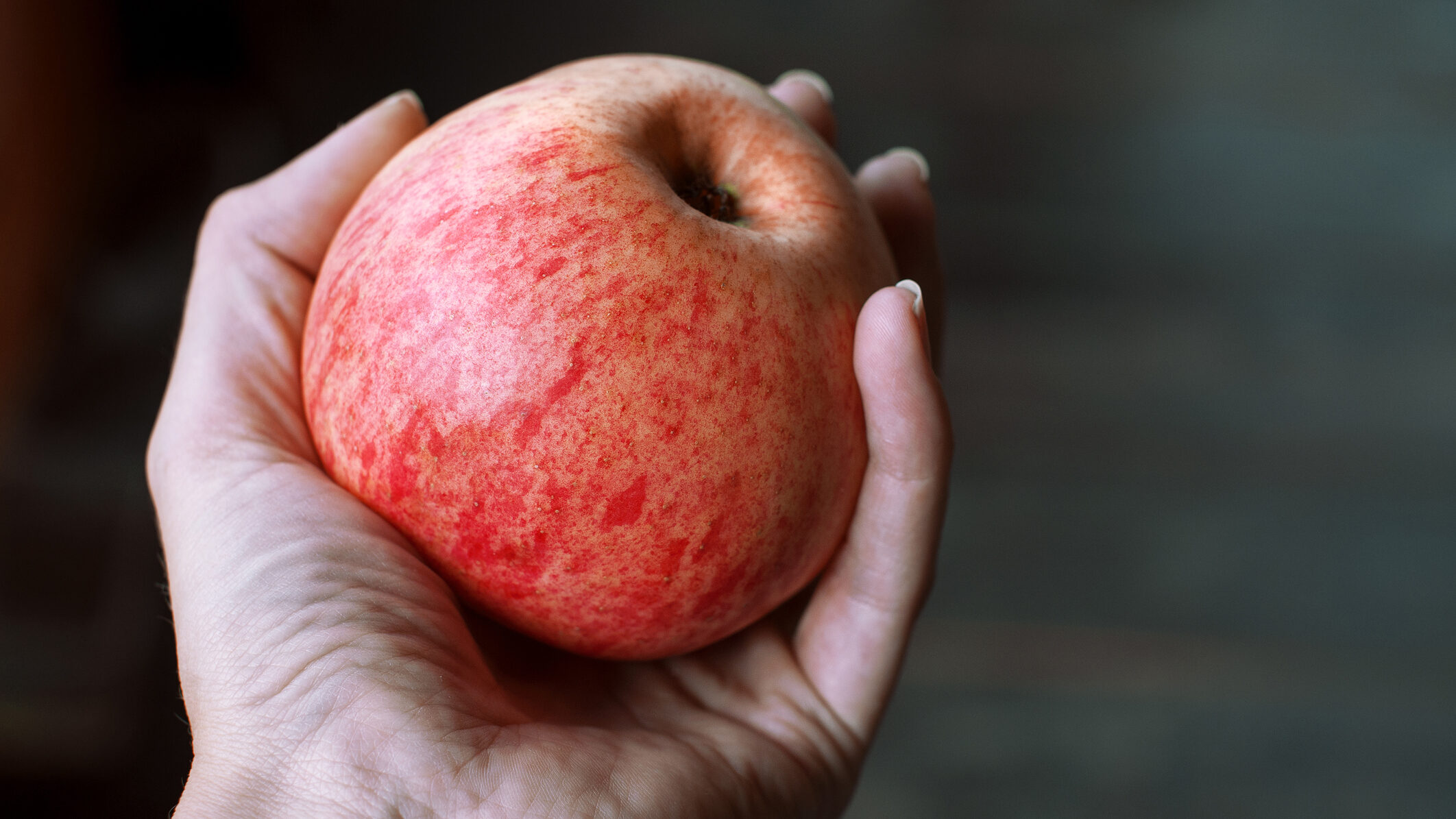
rasa [juice, nectar, transcendental taste]
Bhakti Yoga begins and ends with feelings. There is no other pure source of meaning and guidance. The path of Bhakti, through teaching of guru or others is always to find and follow the narrow path of pure feeling.
Therefore the guiding question is not ‘what should I feel?’ It is rather ‘what is this that I feel and where does it lead me?’ Thought will never lead to feeling, feeling will lead to thought and then transcend it.
In the ‘Southern Section’ of Bhakti Rasāmṛta Sindhu, Rūpa Gosvāmi defines rasa as ‘the indescribable wonderful relish that is beyond the power of human thinking and arises in the pure heart brightened by goodness’ (2.5.132).
Rasa is the name of the experience that lifts us out of the everyday. What we relish in our mundane existence will lift us beyond it, provided we experience with a pure heart and a clear mind.
In the sweet pages of his Rasadarśan, Ananta dās Bābāji assures us: ‘rasa indicates relish coupled with a sense of wonder’. We must allow ourselves to relish and we must allow ourselves to wonder.
The use of the word ‘rasa’ in Vaishnav writings and Bhakti Yoga actually originates in classical Indian aesthetics, and in particular in the theory of drama. It refers to the taste or flavour of an artistic expression. Rasa, in this sense, refers to the indescribable sense impression created by a gesture on the stage, the shape or colour of a visual object, or the special character of a melody, or the image created by a poem. In other words, it refers that to the experience of the senses that cannot be described in words.
To say that something is aesthetic means that it causes us attraction (or repulsion). Beyond the rational meaning an experience might have for us, its rasa pulls on our heart, tugs on our soul. This attraction, this energy, takes hold of our heart and soul in the very same way that love does.
It is just this special, indescribable experience that makes any rasa a transcendental taste. Something is transcendental when it transports us beyond our material body. It is when the meaning of an experience spills over the walls of our mind and is caught and in the flow of rati, love for God (prema) in its purest form.
Love for God is transcendental not only because it is directed towards what is perfectly transcendental: God. But also because it is carried on the energy, the hlādinī-śakti, that lifts us out of our minds and out of our bodies. Rasa is the experience of the world through a heart open to the divine.
Rasa is produced sometimes in minute quantities, sometimes in great amounts, in every activity done by every living entity (jīva). It is there in meal well prepared, a home well cleaned, in report well-written, and a shirt well-folded. A shoemaker will experience rasa in the perfection of a perfect pair of shoes, and a mathematician will experience rasa in the perfection of the formulas that describe the character of the world.
Rasa is present in every work task completed with a fully present heart, in the spirit of wonder.
There is no experience that does not produce rasa because there no activity that is not driven, sometimes intimately, sometimes distantly by love for God, and therefore by the implicit relish and wonder in that love.
This love for God is not reserved for the realised few. It is not only for the renounced monks of Vrindavan. On the contrary: the number of simple souls that ripe with prema, thirsty for rasa, swelling with bhava, powers the cosmos.
As we increase our sensitivity to the sweet taste of everyday experience, our enjoyment of rasa will naturally grow. We will lose interest in the facts of life and become more and more drawn to the flavour of life. We will naturally find ourselves drawn to that part of any experience that eludes the dry ‘reality’, and turn the movement of heart that dances on our logical arguments, and has playful fun with our much too serious minds. We will realise that that the extraordinary experience of rasa, even in minute form, is living in every mundane experience.
This realisation will bring pleasure to our souls. But most of all it will bring pleasure to Kṛṣṇa.